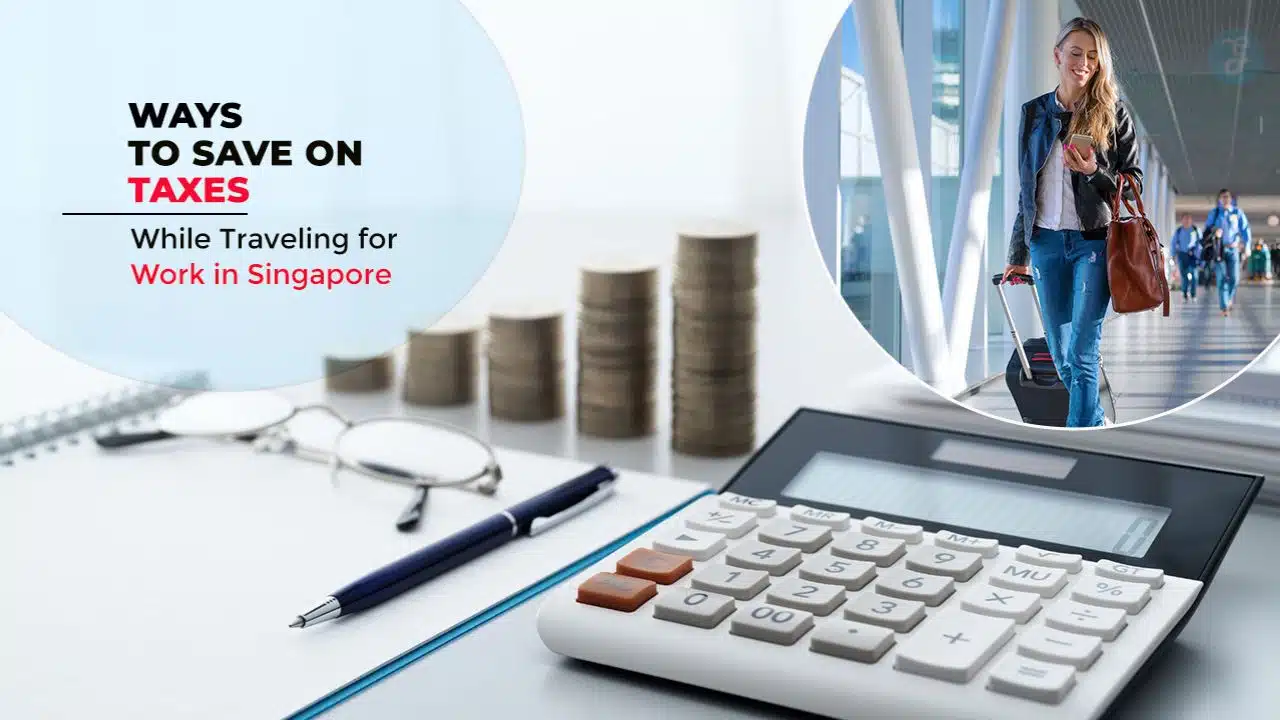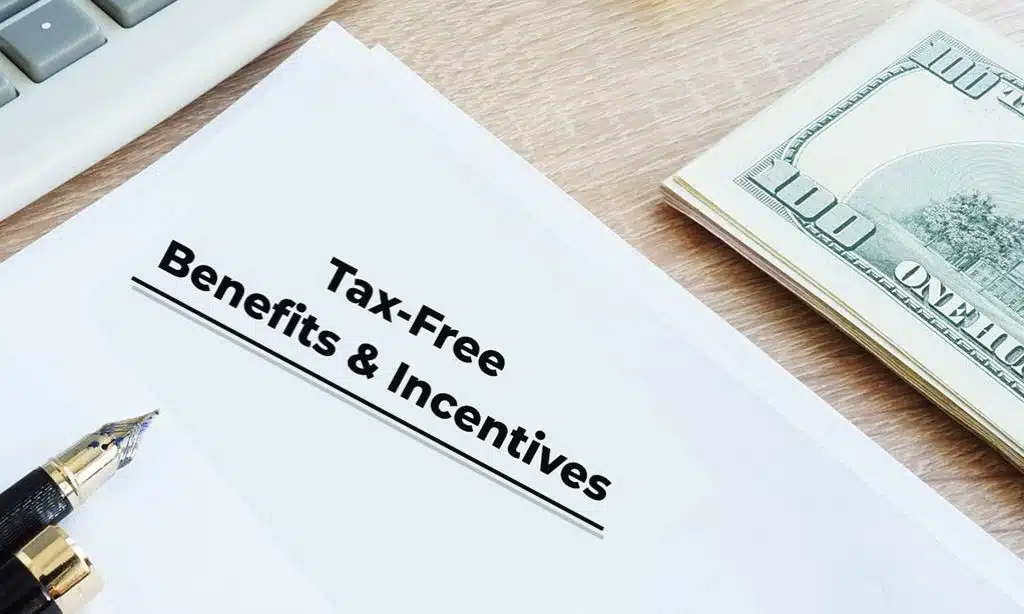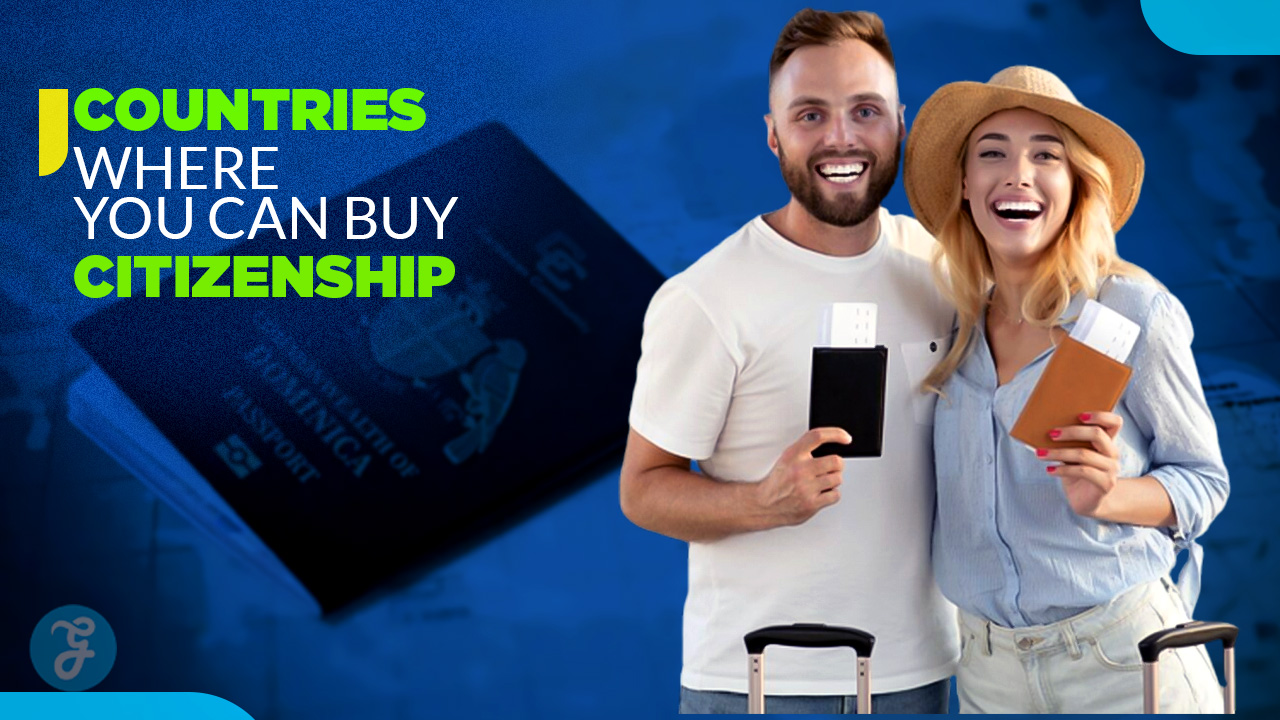Work-related travel can be exciting and rewarding, but it often comes with financial complexities, especially when it involves managing taxes.
Singapore’s tax regulations provide various opportunities for business travelers to reduce their tax burdens, but understanding these rules and applying them effectively is essential.
By mastering these strategies, you can optimize your expenses, ensure compliance with tax laws, and enjoy smoother business travel experiences.
This article will guide you through seven actionable strategies to save on taxes while traveling for work in Singapore, ensuring you remain compliant with regulations while optimizing your deductions.
Understanding Tax Obligations for Work Travel in Singapore
Singapore’s tax system categorizes travel-related reimbursements and allowances under taxable and non-taxable income. Here’s a quick breakdown:
- Taxable Allowances:
- Lump sum travel allowances provided by employers.
- Personal expenses are reimbursed as part of business travel.
- Non-Taxable Deductions:
- Direct business-related expenses such as flights, accommodation, and meals during official travel.
- Expenses incurred during professional training or development.
| Category | Examples | Taxable |
| Lump Sum Allowances | General travel stipends | Yes |
| Business Expenses | Flights, hotels, conference fees | No |
| Personal Expenses | Family travel costs | Yes |
Key Tax Regulations for Business Travelers in Singapore
Understanding the Inland Revenue Authority of Singapore (IRAS) guidelines is vital:
- Tax residency status affects your eligibility for deductions.
- All claims must be supported by proper documentation, including receipts, invoices, and proof of business purpose.
- Double taxation agreements (DTAs) between Singapore and other countries can reduce the tax burden for international business travelers.
7 Ways To Save on Taxes While Traveling for Work in Singapore
1. Track All Travel-Related Expenses Systematically
Keeping meticulous records of your expenses is the foundation of tax savings. Tools like spreadsheets or apps simplify this process.
- Types of Deductible Expenses:
- Flights and transportation costs.
- Hotel stays directly related to business purposes.
- Meals and incidental expenses while on a work trip.
- Recommended Apps for Expense Tracking:
- Expensify: Streamlines receipt management and expense categorization.
- QuickBooks: Ideal for small businesses and freelancers.
| Expense Type | Deductible | Non-Deductible |
| Business flights | Yes | No |
| Personal leisure trips | No | Yes |
| Conference tickets | Yes | No |
Practical Tip:
Regularly review and organize your records to avoid scrambling for receipts at tax time. Automate this process with tools that sync with your bank accounts for seamless tracking.
2. Leverage Per Diem Allowances Efficiently
Employers in Singapore often provide per diem allowances to cover daily expenses during work travel. Staying within these limits ensures:
- Minimal out-of-pocket expenses.
- Compliance with IRAS regulations, as per diem rates are generally non-taxable if they cover reasonable costs.
Pro Tip: Opt for cost-effective options like budget-friendly hotels and public transportation to make the most of your per diem.
| Allowance Type | Purpose | Taxable |
| Per Diem for Meals | Covers daily meal expenses | Non-Taxable |
| Travel Vouchers | Flight or accommodation aid | Non-Taxable |
| General Allowances | Lump-sum reimbursement | Taxable |
Example:
A consultant traveling for a week-long project saved SGD 500 by using public transportation and choosing mid-range dining options, ensuring her expenses stayed within the non-taxable per diem limits.
Additional Insight:
Consider discussing specific per diem rates with your employer to align expectations and avoid disputes during claim submissions.
3. Use Tax-Free Benefits and Incentives
Tax-free reimbursements are a key benefit provided by many Singaporean employers:
- Examples:
- Travel vouchers for flights or accommodation.
- Reimbursements for business-related calls or internet usage.
- Claim Eligibility:
- Expenses must be directly related to business activities.
- Proper documentation, such as receipts or invoices, is mandatory.
| Benefit Type | Example | Tax Status |
| Travel Reimbursement | Hotel for a business event | Non-Taxable |
| Work Communication Aid | International calls or Wi-Fi | Non-Taxable |
| Personal Expense Cover | Family travel costs | Taxable |
Practical Insight:
Leverage these benefits by discussing expense policies with your employer beforehand and ensuring that you maintain detailed records.
Case Study:
A financial analyst working for an MNC effectively used company-provided travel vouchers to offset airfare costs for client meetings in Singapore, saving approximately SGD 1,200.
4. Combine Personal and Business Travel Strategically
Maximizing deductions while enjoying some leisure time is possible with careful planning:
- Splitting Costs:
- Deduct only the business-related portion of shared expenses.
- Document the purpose and duration of each segment of your trip.
- Examples:
- Deducting airfare for a conference but not for the subsequent vacation.
- Claiming hotel stays during business events while excluding costs for personal extensions.
| Expense Component | Business Portion | Personal Portion |
| Airfare | Yes | No |
| Weekend Hotel Stay | No | Yes |
| Business Meal | Yes | No |
Case Study:
A tech entrepreneur combined a business conference in Singapore with a family vacation. By meticulously documenting the trip’s business and personal portions, she successfully claimed deductions for 60% of her travel expenses.
Practical Insight:
Use separate payment methods or accounts for business and personal expenses during combined trips to simplify record-keeping.
5. Claim Deductions for Professional Development Trips
Travel expenses related to professional growth can be deductible if they meet specific criteria:
- Eligible Costs:
- Conference fees.
- Travel to workshops or training programs.
- Accommodation during professional events.
- Tips for Maximizing Claims:
- Ensure the event aligns with your professional role.
- Maintain proof of attendance, such as registration confirmations.
| Event Type | Deductible Expense | Examples |
| Industry Conferences | Flights, hotel stays | Tech events, summits |
| Certification Workshops | Course fees, training kits | CPA or PMP certification |
| Networking Events | Meals, venue costs | Business dinners, expos |
Practical Insight:
A marketing manager attending a digital marketing summit in Singapore deducted expenses for the event registration, flight, and hotel stay, saving over SGD 1,000 on her taxes.
Additional Resource:
Check IRAS’s official list of deductible professional development expenses to ensure compliance: IRAS Professional Expenses.
6. Optimize Foreign Tax Credits for International Work Travel
Double taxation can be a concern for Singaporean business travelers, but foreign tax credits under DTAs can help.
- How It Works:
- Taxes paid in a foreign country may be credited against your Singapore tax liability.
- Steps to Claim Foreign Tax Credits:
- Obtain a tax residency certificate from IRAS.
- Retain foreign tax payment receipts.
| Key Step | Action Required |
| Tax Residency Certificate | Request from IRAS |
| Proof of Foreign Tax Payment | Submit receipts and payment documents |
| DTA Eligibility Check | Confirm with IRAS or a tax consultant |
Case Study:
A Singapore-based software developer working on a project in Australia utilized the DTA between the two countries to claim a tax credit for the income earned abroad, reducing her overall tax liability significantly.
Practical Insight:
For complex foreign tax scenarios, seek professional advice to ensure accurate filing and maximize savings.
7. Work with a Tax Consultant Specializing in Business Travel
A tax professional can simplify complex scenarios:
- Benefits:
- Ensure compliance with IRAS regulations.
- Maximize deductions by identifying lesser-known allowances.
- Choosing the Right Consultant:
- Look for specialists in international and work travel taxation.
- Verify their credentials and client reviews.
| Consultant Service | Key Benefit |
| Tax Compliance Assistance | Ensures all claims meet IRAS standards |
| Deduction Optimization | Identifies additional saving areas |
| Audit Support | Helps resolve queries efficiently |
Practical Insight:
Engaging a consultant may involve a fee, but the potential tax savings often outweigh the costs, making it a worthwhile investment.
Example:
A multinational company’s finance team hired a tax consultant to manage the claims for its frequent business travelers, leading to a 15% reduction in overall taxable expenses.
Additional Tips for Managing Work Travel Taxes
Keep Updated on Singapore’s Tax Regulations
Tax laws can change, and staying informed is essential:
- Subscribe to IRAS newsletters.
- Follow reliable tax advisory firms.
Avoid Common Tax Filing Mistakes for Business Travel
- Errors to Watch For:
- Failing to separate personal and business expenses.
- Incomplete documentation for claims.
- How to Avoid Them:
- Use professional accounting software.
- Regularly consult with a tax advisor.
Interactive Tools and Resources
Suggested Table: Deductible vs. Non-Deductible Expenses
| Expense | Deductible | Non-Deductible |
| Business meeting flights | Yes | No |
| Vacation hotel stays | No | Yes |
| Client entertainment | Yes | No |
Checklist: Documents Needed for Travel Tax Claims
- Receipts for flights and hotels.
- Business meeting agendas or schedules.
- Proof of payment for professional events.
Takeaway
Saving on taxes while traveling for work in Singapore requires a combination of meticulous planning, thorough documentation, and an understanding of applicable regulations.
By implementing these seven strategies, you can reduce your tax liabilities, optimize deductions, and ensure compliance with IRAS requirements.
For complex situations, consulting a tax professional can help you navigate the intricacies effectively.







































